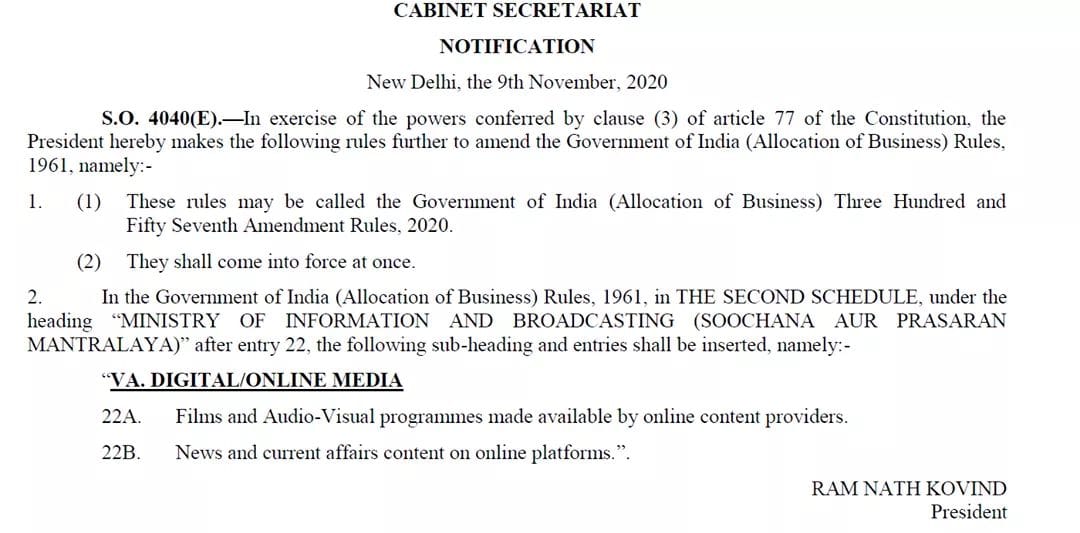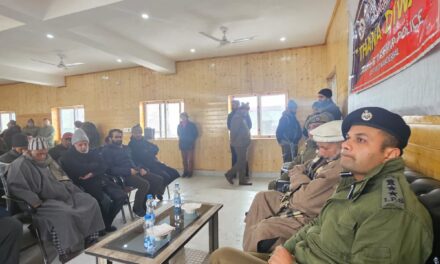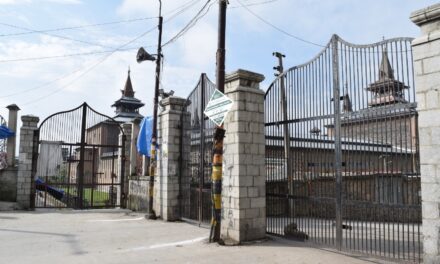582 total views , 1 views today
NEW DELHI: The ministry of information and broadcasting has brought digital audio visual content, including films and web shows on over-the-top (OTT) streaming platforms, as well as news and current affairs on online platforms under its ambit. The same was announced in a gazette notification on Wednesday.
This September, the I&B ministry had refused to support the self-regulation code floated by the Internet and Mobile Association of India (IAMAI). About 15 video streaming platforms operating in the country had come together under the aegis of the IAMAI to sign a code of self-regulation earlier this month.
Echoing the government’s call for self-regulation and not censorship or intervention, OTT service providers had formulated a framework for age classification, appropriate content description and access control. The code also said there will be a grievance redressal mechanism through either a consumer complaints department or an advisory panel. Thic could comprise independent members specializing in fields such as gender equality, child rights, etc. Platforms on board included Netflix, Amazon Prime Video, Disney+ Hotstar, ALTBalaji, ZEE5, Arre, Discovery+, Eros Now, Flickstree, Hoichoi, Hungama, MX Player, Shemaroo, VOOT, Jio Cinema, SonyLIV and Lionsgate Play.
“In the self-regulatory mechanism which has been constituted, it is observed that there is no classification of prohibited content, the second tier (advisory panel) is constituted by OCCP (online curated content providers) itself (as against an independent organisation like DCCP or the Digital Curated Content Complaints Council proposed earlier),” the ministry had stated adding that out of three advisory panel members “two will be from OCCP itself, while there will only be one independent member (who will be in a minority)”.
MIB said that IAMAI had earlier suggested “a two-tier structure as part of the self-regulatory regime, the second tier being the Digital Curated Content Complaints Council (DCCCC) along with enumeration of prohibited content.” It said that “with regard to DCCCC, it had been proposed that the same would be chaired by a retired judge of the Supreme Court or high court”.
The proposed self-regulatory mechanism lacks independent third-party monitoring, does not have a well-defined code of ethics, does not clearly enunciate prohibited content, and at the second- and third-tier level there is an issue of conflict of interest, the MIB letter said.
The IAMAI had therefore been “advised” to look at the structures of the Broadcasting Content Complaints Council (BCCC) and News Broadcasting Standards Authority (NBSA) “as guiding principles for developing a credible self-regulatory and grievance redressal mechanism” for OCCPs. (Mint)

























